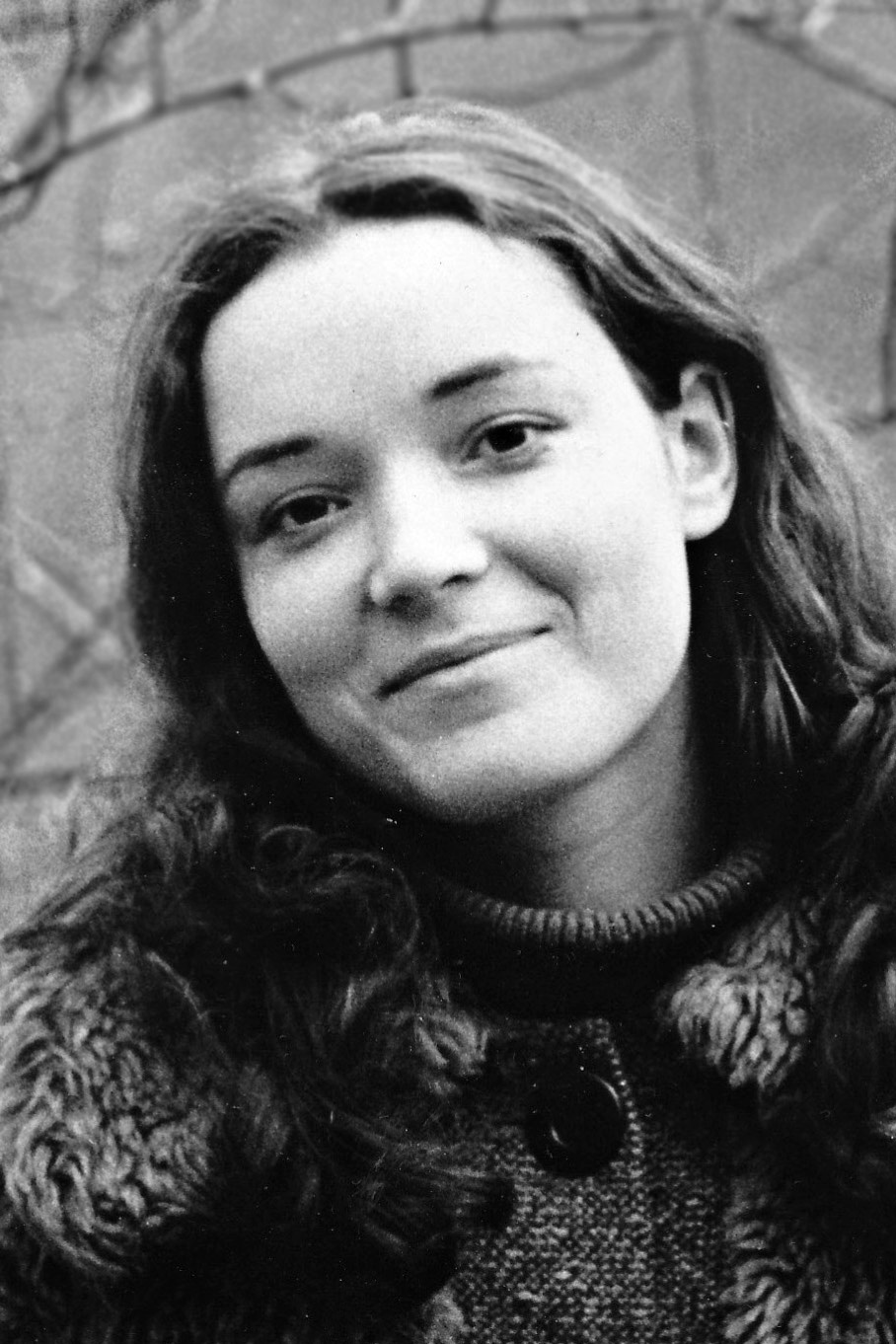"And it just so happened that we got a call from, I don't know now, Jirka would know who, but just someone from Havel, I'll make it simple, if we would be willing to play on the balcony at Melantrich for the rally, and that would be on Thursday the twenty-third. And we said: 'well, sure, we'd be willing to do that,' but because we were rehearsing at the time, Irena Budweiser was coming back to us, she had been trying for a solo career for two years in the meantime, she also had a little baby at the time, so we had another singer singing with us at the time, but here in that November eighty-nine, we were rehearsing with Irena, who was coming back to us, so we made arrangements and everybody said, well, sure, we're on it, and so we were invited to the Laterna Magika, now the Bez zábradlí theatre, where the center of that dissent was, and those who took it on, the organization. And so we came there, we gathered there, and then about thirty people, I don't know how many there were, just all those who had something to do with it, were moving from the Laterna Magika - not to confuse - Jungmanka Street to Palacký Street and Vodičkova Street and Melantrich Street. It's not a long way and everybody was like in a huddle and the huddle was surrounded by - at that time some of those judists offered themselves as security - so it was surrounded by those in quotation marks gorillas, the security, and we were moving in one unit through those streets, as I said, and the funny thing was that Irča, she came to the rehearsal with us from her parents from Mýto from Rokycany and she said: "Well, when I was driving, my dad said: don't get involved in anything, Irenka.' And she told me this in the silence as we were moving to the Melantrich, so it was quite funny. So she got a bit involved, well. So we got into this Melantrich, and there were a couple of big rooms, but they were actually emptied, I don't know what it was, and there was somebody putting together who was going to speak now, who was going to sing now, and we were waiting for them to say: 'you're going to perform now' - and that's just kind of my personal experience, that there, as there were a few rooms like that and they were empty or there was some kind of leftover furniture or I don't know, so I got into one room because I wanted to look through the windows to see what it looked like on Wenceslas Square, and there was a chair and Havel was sitting there, completely absorbed in himself and obviously thinking about how to organise it, what to do now and what to do later, just concentrating, I guess that's not the same as absorbed, is it, well he just looked like he was completely concentrating and thinking, and I said, so I was in this empty room, I wasn't even talking to him or anything, so I thought: 'you've got to remember that.' Well, then it was our turn to say 'sing', there it was on one microphone, it was very disorganised, so we gathered, there we were, climbing over each other a little bit, on that one microphone, and we sang "A6 se k nám právo vrátí" (When the Law Returns to Us) - and the crowd of two hundred and fifty thousand sang along with us, so it was a great experience."












